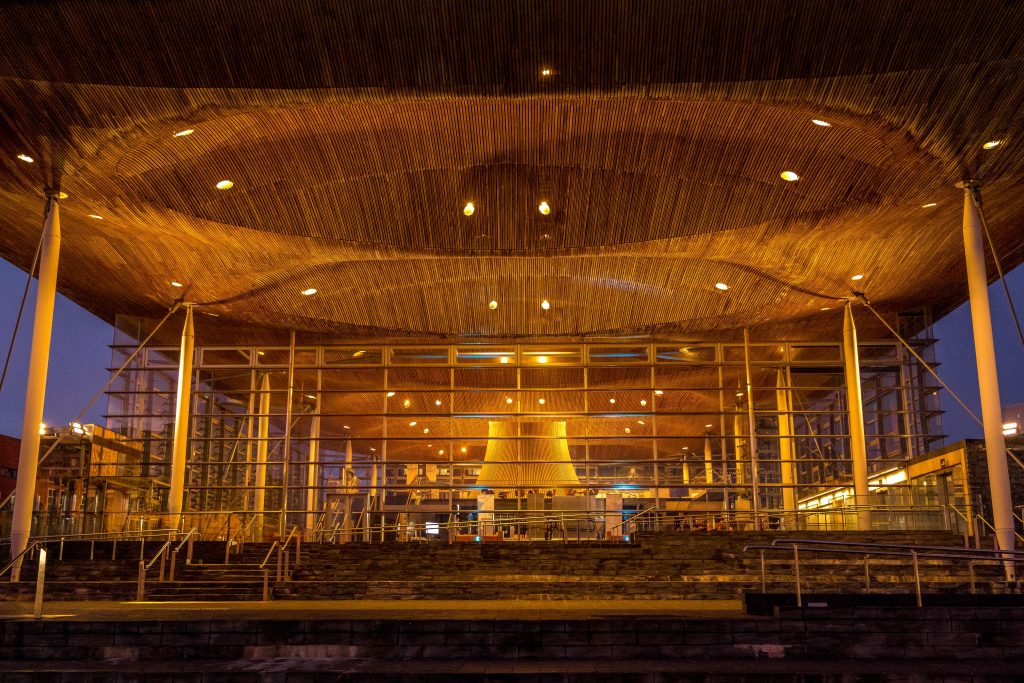Rocio Cifuentes on why a diverse Senedd is essential in order for Wales to thrive.
During the current pandemic, it’s tempting to put aside more medium and longer term considerations, and focus all of our efforts on the significant immediate challenges this crisis is posing: how do we ensure all families have access to food? How can children keep on learning? and how do we change public health behaviour to keep our communities as safe and protected as possible from this new and frightening virus?
Yet it is crucial that we do not take our eyes off the longer term and realise the direct and vital link between these current challenges and the broader longer-term political questions which may have faded into the background over recent weeks.
One of those questions is how can we make our political representatives in Wales more diverse and more reflective of modern Wales? What steps can we, civil society, along with political parties themselves do to attract and select a broader range of candidates. Can the Senedd Cymru modify its own structures or ways of working to minimise barriers to wider representation?
These questions are crucial, as until now, despite us entering the third decade of Welsh devolution, we are yet to see the first BAME Female Assembly member, and have only had 4 male BAME Assembly Members, the most senior of whom is Vaughan Gething, the current Welsh Health Minister. The three current BAME members equates to 5% of the 60 Senedd Members, this is below Wales’ 2011 Census BAME population of 5.9%, a figure which we know has increased since that date.
Why does this matter? Without our Senedd Members reflecting the breadth of our population it cannot make decisions and agree policies which respond to the needs of the diverse people of Wales. For example, Senedd Members will not fully understand the importance of addressing food and data poverty – two key issues highlighted during the current pandemic – if they have never experienced these challenges themselves.
They may not realise the role of housing in maintaining physical and mental health if they have never lived in overcrowded conditions. Without experience of exclusion and discrimination, it can be difficult to champion inclusion and accessibility. For us to survive this and future pandemics we need to have the right people making the right decisions on our behalf.
By not attracting or selecting BAME candidates, the Senedd potentially excludes a huge swathe of talent, who may not see themselves as being welcomed, worthy or electable – which are themselves three quite different sets of barriers.
They may not feel welcomed due to experiences of discrimination and racism, perceptions that the Senedd is ‘not for them’, fears that they ‘wouldn’t fit in’ to what can appear to be a very ethnocentric working cultural environment. They may not feel worthy due to lack of confidence, perhaps built up over years of low expectations since early schooling, or due to lack of knowledge about what the role actually entails.
They may not feel electable due to the clear reality that very few people who ‘look like them’ are ever in those roles, and so the role models and examples of people who have been elected into those positions simply aren’t there.
But there always has to be a first person, a ground-breaker, who paves the way for others, as Vaughan Gething has done for BAME males in Wales. And recent years has seen the trialling of several programmes seeking to increase the diversity of our political representatives for example the Assembly’s Diversity in Democracy programme which sought to increase the diversity of candidates standing for local authority elections.
Mentoring has also been important and, as the examples of WEN Wales’ and EYST’s Public and Political Life mentoring programmes show, have proven impactful in increasing the aspirations and social networks of potential candidates.
Standing for election as a political candidate is a huge risk for any individual, it takes weeks and months of campaigning to be successful, as well as the financial risk of what happens when elected members find themselves voted out of office and very suddenly out of a job.
Not everyone has the same financial cushion to fall back on, or flexibility from employers to take a political sabbatical for example. Emotional and personal resilience is also a growing necessity given the increase in online trolling, combined with racism and misogyny to which those in public life are increasingly subjected.
But courage, talent and resilience abounds within BAME communities and it is this untapped resource which deserves to be unleashed and harnessed into our political leadership in order to help Wales not only survive this and future crises, but also to thrive.
NOTE: This article was amended after publication to correct the number of BAME people who have been elected to the Senedd.





